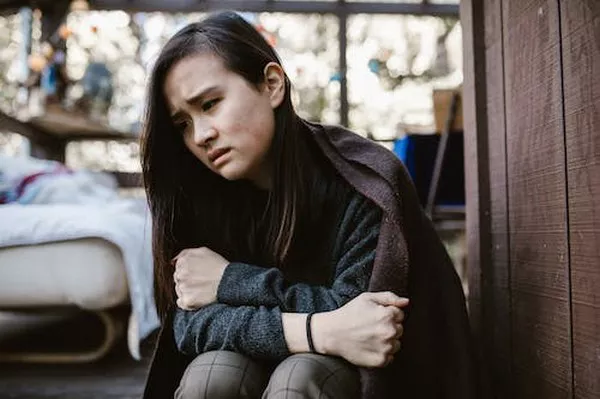Children and young people in Lincolnshire are facing prolonged waits for mental health support, according to a report set to be presented at an upcoming county council meeting. The report highlights a surge in referrals to mental health services since the onset of the Covid-19 pandemic, underscoring the pressing need to address the growing demand for assistance among the youth.
Anxiety, stress, low mood, and behavioral issues constitute the majority—90%—of referrals to early intervention services, as outlined in the report. This data forms part of a comprehensive review of Lincolnshire’s mental health services, aimed at adapting to the evolving needs of young individuals.
The impact of the Covid-19 pandemic on the mental well-being of young people has been significant, with waiting lists for mental health support growing at a disproportionately rapid rate compared to those for adults, according to external sources cited in the report.
Nationally, the Child and Adolescent Mental Health Service (CAMHS) witnessed an 81% surge in referrals between 2019 and 2021, contrasting sharply with an 11% increase in referrals to adult mental health services. In Lincolnshire, Healthy Minds, an early intervention service operating within schools, experienced a staggering 107% rise in caseloads between December 2021 and March 2023.
While the report indicates a slight decrease in waiting times, with referrals tapering off following the peak of the pandemic, challenges persist in ensuring timely access to support. The most recent figures for Lincolnshire CAMHS reveal an average waiting time of six weeks from assessment to treatment.
To address these issues, the Children and Young People’s Mental Health Transformation Programme has been launched—a comprehensive review aimed at reshaping and resourcing mental health services in Lincolnshire for the future. The program solicits feedback from individuals who have interacted with the system, with the aim of incorporating their perspectives to drive improvements in service delivery.




















